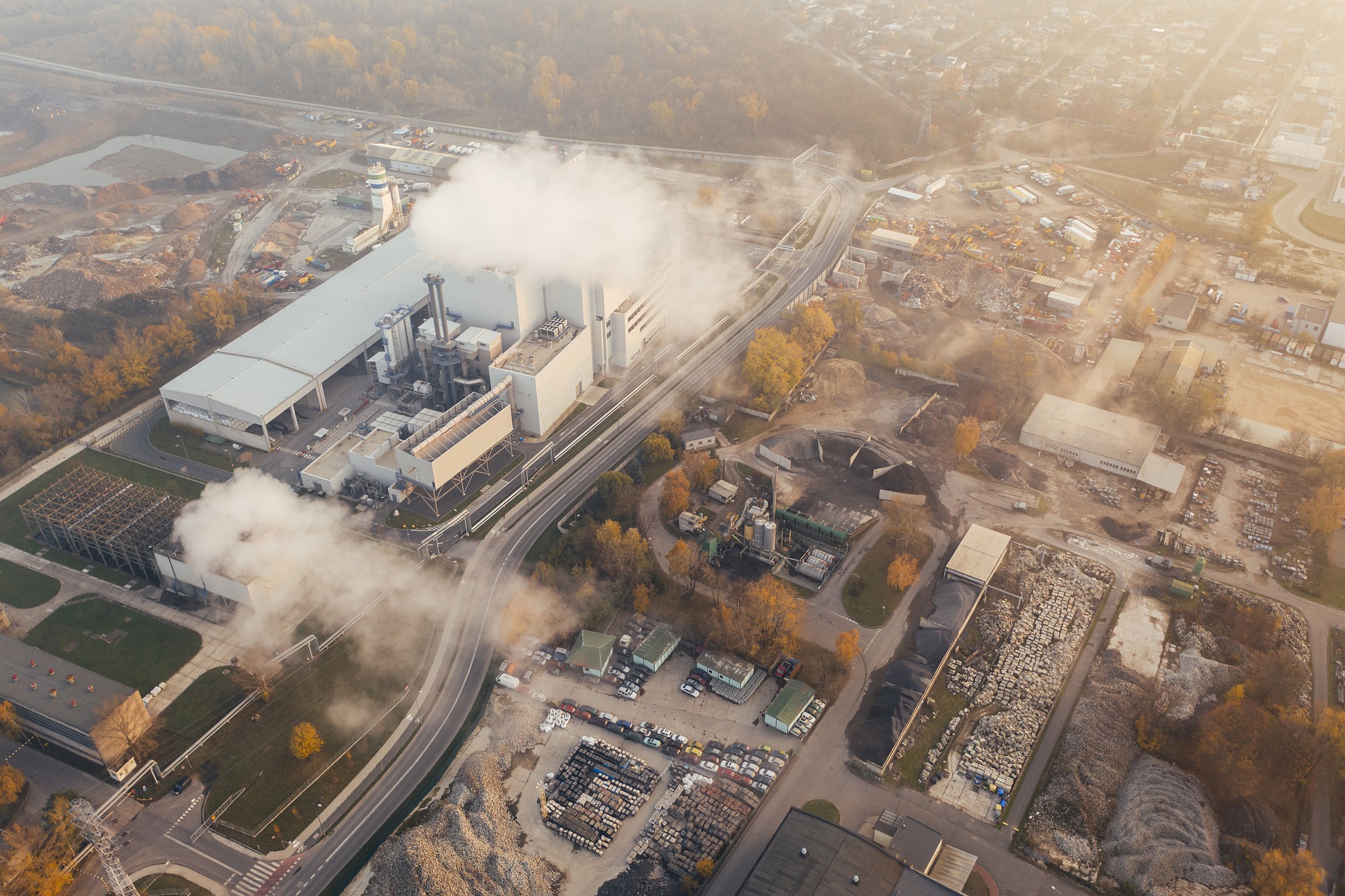
Climate change and what our community can do to prevent it.
What is Climate Change?
Climate change is a major, ubiquitous issue in our society. There are multiple reasons as to why our planet is facing this issue. However, if we don’t start to make a change, climate change will continue to wipe out various species and ultimately us.
The first main promoter of climate change is the act of deforestation. Trees, as we know, create their own food through photosynthesis. For us, this helps take in excess carbon dioxide and create oxygen. The lack of a sustainable amount of trees and vegetation will consequently produce less oxygen and an excess of carbon dioxide will remain.
With the issue of climate change and the current pandemic, this leaves many farmers the option to throw out food most of the time. The rotting produce creates a gas known as methane; this in excess, can be hazardous to all species including us.
There is also a large issue with livestock production as well. Livestock produce approximately 1-2 million tons methane and nitrous oxide per year as a whole. These lethal gases, combined with the emission of CO2, can be hazardous to human health
Lastly, there is the growing pandemic of pollution. Pollution can likewise, create harmful gases that can damage biodiversity, especially in our waterway systems and oceans. The pollution can enter water used for drinking supply and contaminate it, becoming a vector for disease.
Potential Solutions?
The largest factor in the issue of climate change is livestock. Since the mass production of livestock is hazardous and arguably unethical, there needs to be lower demand for animal products. Thus, the best way to accomplish this would be to go vegan, or vegetarian. However, if desired, meat may not be removed but instead meat consumption should be limited. That way, an impact will still be made by reducing the demand for meat.
To reduce the amount of waste produced, try to use reusable items instead of one-time use. That way, less plastic is thrown out and produced. Also, water should be conserved and since a higher demand would mean a faster rate for all the freshwater to vanish. This is also related to when the global temperature increases, ice melts quicker, thus more fresh water is wasted.
Lastly, the issue of carbon emission by automobiles needs to be addressed. The obvious answer to fix this is simply to drive less or take the bus. However, due to the current pandemic and social distancing guidelines, this issue is gradually being resolved. Recently, there have been ideas of using biofuel in order to power cars as opposed to gasoline. Biofuel consists of organic matter and may be a cleaner alternative to gasoline.
Community Projects
An interesting community project would be to have a community garden. There, people can rent out a plot and grow whatever they desire. Then they can harvest fresh fruit and vegetables. This garden would provide three functions; a start to the community being educated about climate change, food transportation, and eating less meat. When buying food from a grocery store, that product has a carbon footprint. These include how much water was required to grow, transportation, keeping cool, and driving to the grocery store. Starting a community garden could reduce the amount of carbon generated by air transportation. There can also be a community cleanup. For those who are interested in volunteering, they can meet up and clean up our local community. This would help the ecosystem and biodiversity greatly, as well as giving us a cleaner home.


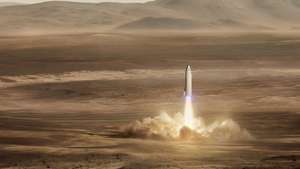
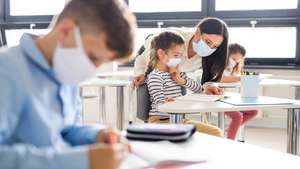
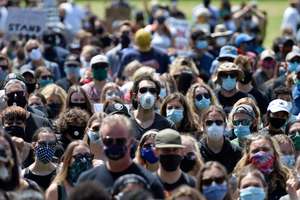
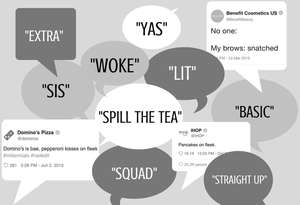




















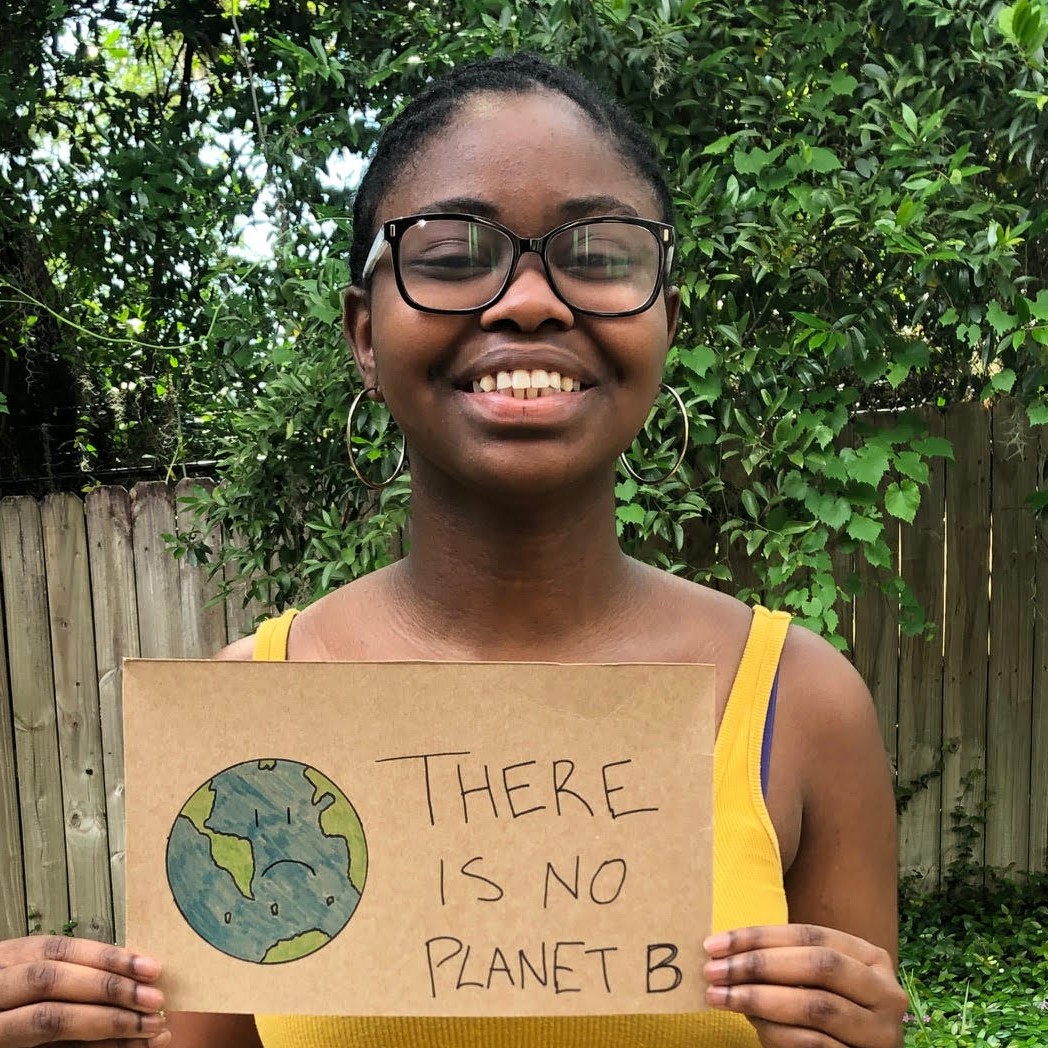


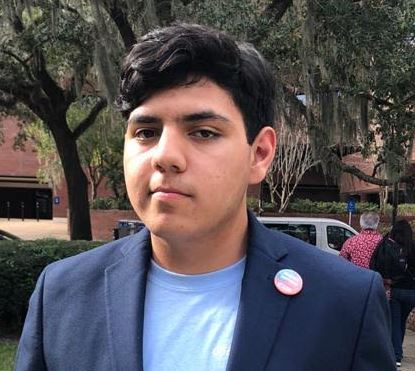



Comments